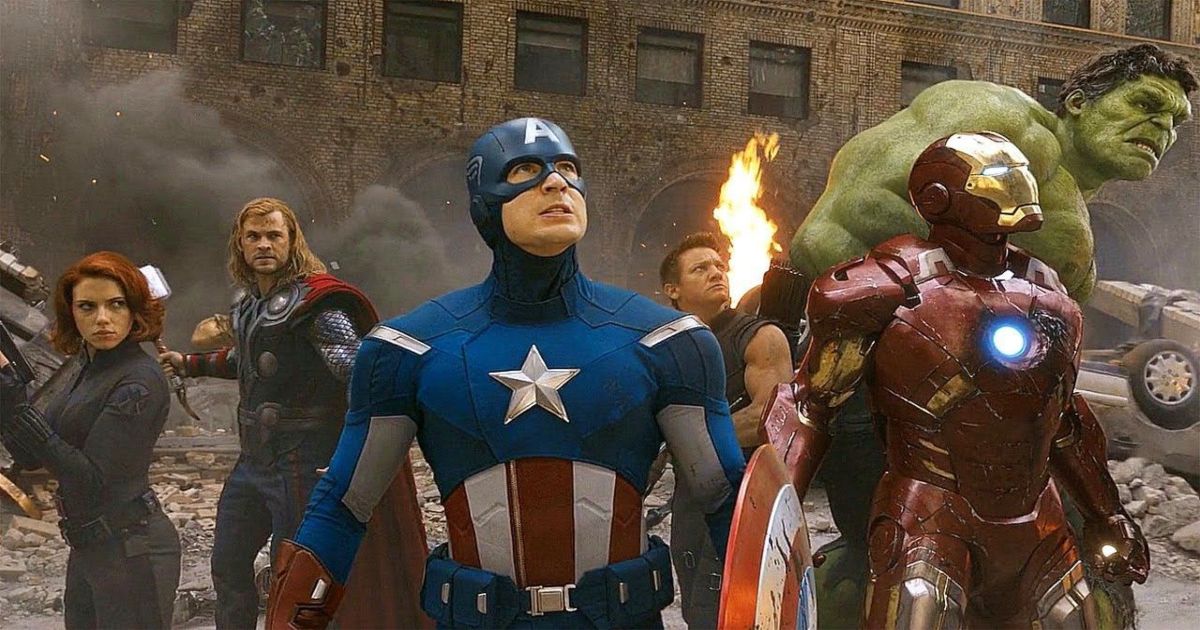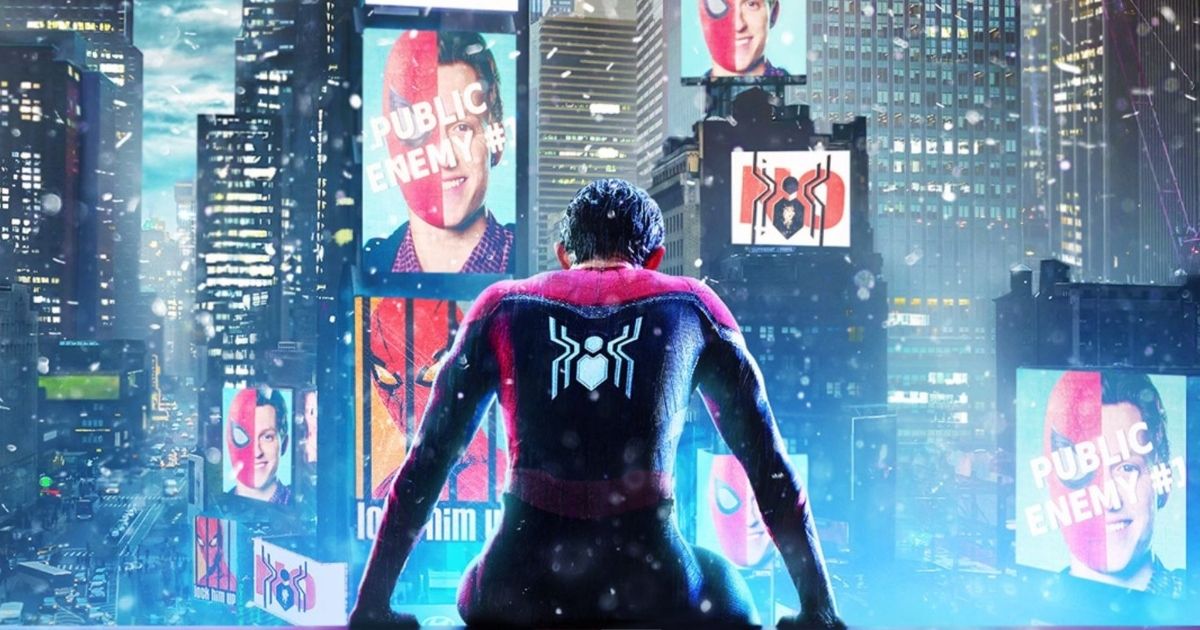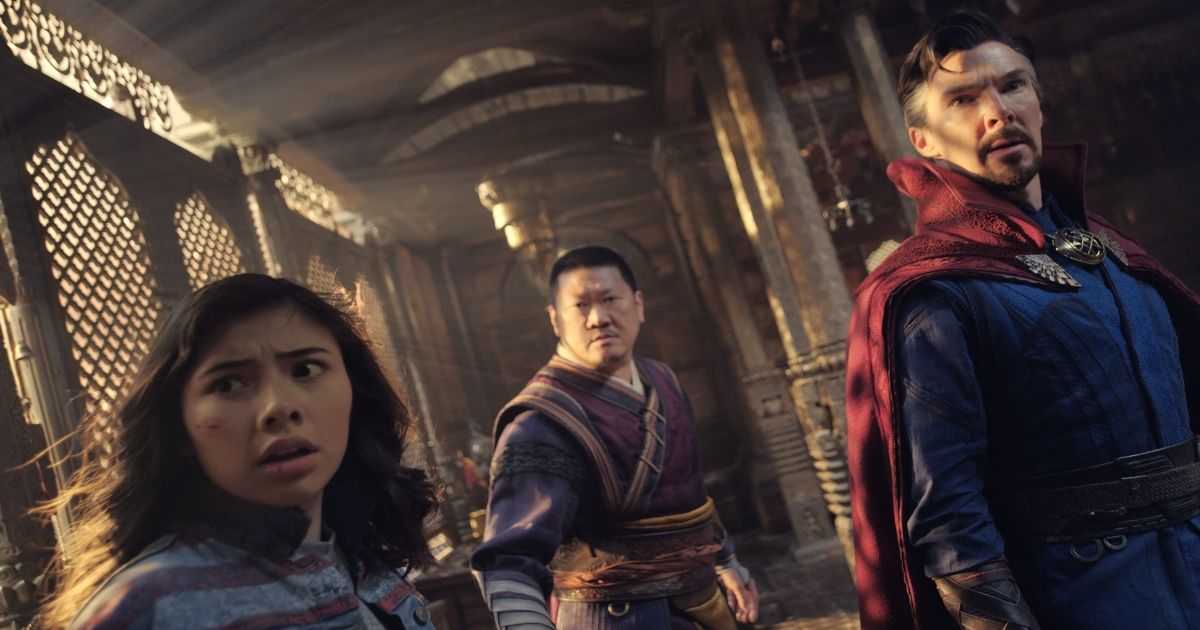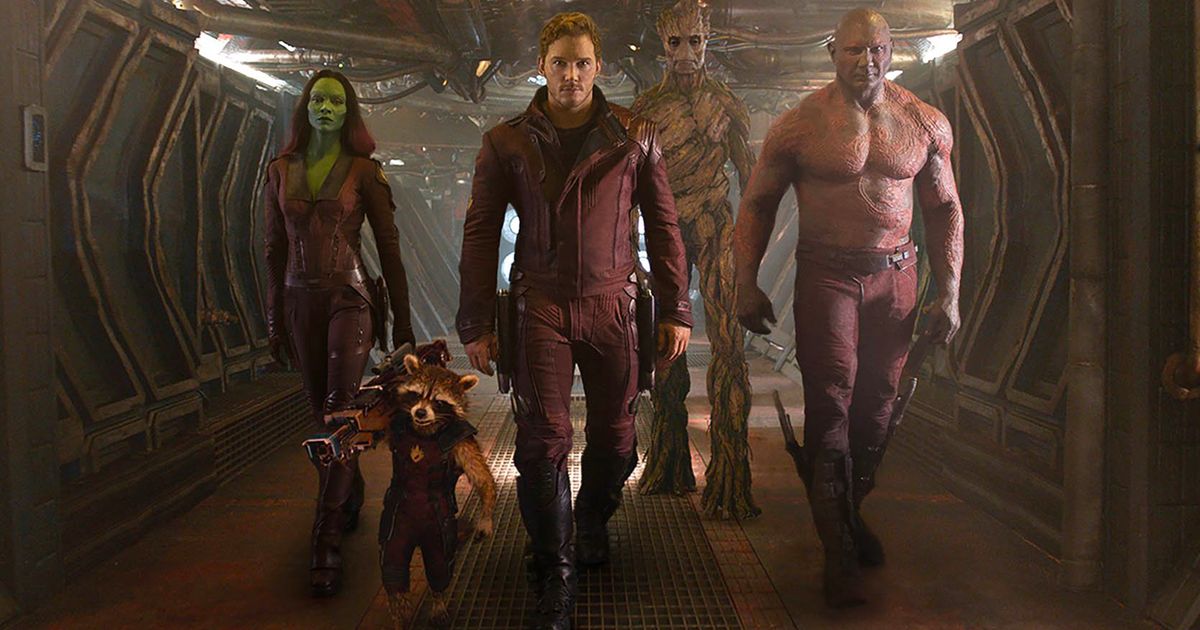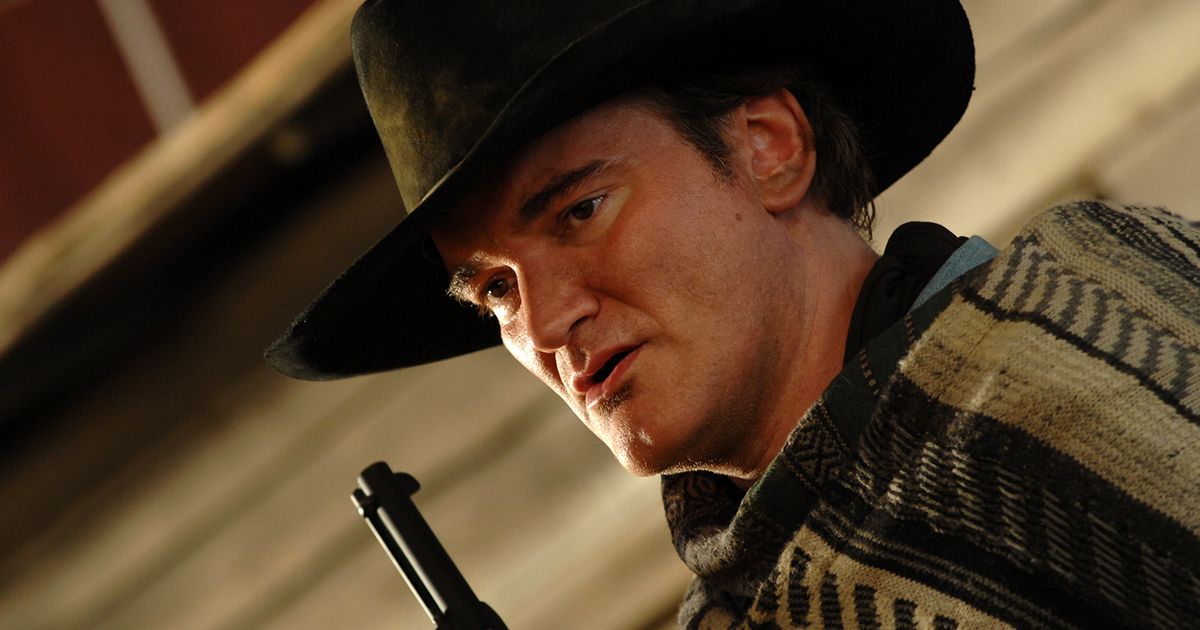For the last decade, comic book films have dominated movie theaters and eventually moved on to dominate the TV screen as well. And while comic book films aren't a new concept, it is the first time superhero films expand deeper into the comic book universe instead of focusing on one specific hero like Superman, Spider-Man, and Batman movies had previously done. The credit for this shift can be given to the Marvel Cinematic Universe (MCU), which started the popularity of a cinematic universe, eventually leading to DC doing the same, although not as successfully (via Vulkk). The term cinematic universe has now become very common in today's blockbuster movies, and it has helped pioneer the end-credit scenes to tease at further films or shows coming to continue the stories. Although they weren't the first to have a long-form storytelling format (some sci-fi shows were already doing something similar for decades), they were the first to do it successfully on a large scale.
Since the release of the first MCU film in 2008, Iron Man, comic book films have only gotten bigger and bigger, quickly turning into major blockbusters with billions thrown into them for production, marketing, and merchandise. At the time of this article, the MCU has the second highest-grossing film in history with Avengers: Endgame, which originally took the top spot from Avatar until the James Cameron movie reclaimed its top spot following its re-release. That level of fame does not come without influence or impact. The MCU has changed the way films are made and pushed other films to search for ways to expand a story further than just a sequel or spin-off. And for better or worse, the MCU franchise has changed cinema forever.
Extended Universes & Storytelling
As mentioned before, the MCU is the first time a cinematic universe was really explored on such a large scale. It differed from simply doing sequels or spin-offs of a hit movie by allowing for cross-overs and even contributing to the overarching plot of each phase. In the end, each movie was almost like putting together pieces of an ever-growing puzzle. This gave writers a lot of room to work with in terms of storytelling and character development, which would end up giving us relatable and enjoyable characters, and heartbreaking moments.
So, with the major success (and huge dollar signs), other studios wanted their own cinematic universes to build on. Star Wars has begun its own cinematic universe instead of just sequels and prequels; Avatar, despite being released over a decade ago, has released plans for its cinematic universe; and there have been rumors of a video game cinematic universe with Call of Duty, but have been indefinitely delayed.
If it's not making an attempt to start a new cinematic universe, it's at the very least attempting to make major blockbuster franchises. This is not new in the slightest, but the MCU is seen as the perfect franchise that produces clothes, toys, amusement park rides, and costumes. And as the franchise grows, so do these products. Now the MCU has gone further than just exploring a universe, now exploring the Multiverse, which has influenced more films to do the same. The most notable being Everything, Everywhere, All At Once.
But while this is an amazing feat for storytelling, it can also be a major downside. Now studios are pushing for huge cinematic universe franchises at sometimes a detriment to the plot. What makes the MCU work compared to the DCU is the well-planned out storytelling. Other cinematic universes are being forced to work in order to make money and hopefully create a successful blockbuster that can spawn products to make more money. Now, this can't be entirely blamed on the MCU, but rather the greed of studio executives to prioritize money over the story. That said, the success of the MCU is what caused other studios and franchises to want to achieve the same level of success in the first place.
Special Effects
Disney never fails to show the feats of CGI special effects through Marvel and Star Wars. It's the one thing that comic book films have always had on lock, but with rapid technological advancement, we're now able to get large and impressive fantasy worlds and characters. But the rise of CGI means the shift away from special effects makeup, which by itself is an art form that takes a lot of talent, patience, and precision. Even at a time when special effects weren't as advanced as it is today, special effects makeup has given us some of the most iconic designs in films such as Edward Scissorhands, Hellboy, How the Grinch Stole Christmas — the list goes on. This is not to say that CGI isn't an art form that also requires a huge level of talent, but there will always remain a love for classic special effects make up, especially considering there are still flaws in using CGI that can cause a trip to the uncanny valley, like seen with DC's Superman effects fiasco.
Now, Marvel has run into a serious VFX problem, about which The Ringer said it best: "Thanks to dramatic advancements in technology, CGI has gotten so good that it’s often easy for viewers to take it for granted. And it’s even easier for it to be distracting when it’s unconvincing..." The major downside to CGI is when it works, it's brilliant, but when it's off even slightly, it can be very unforgiving. And despite how old school special effects makeup is, it has also advanced in recent years, which can be seen in Stranger Thing's Vecna in how it was created and executed horrifyingly and beautifully that earned the Netflix series an Emmy for Outstanding Prosthetic Make-Up. And yes, we can't credit the MCU for the creation of CGI, but their overly frequent use of it has made it a common staple of blockbuster films that used to rely on elaborate set building and old-school special effects.
Impact on Independent Filmmakers
Both of the previously mentioned points affect independent filmmakers. There seems to be no more room for original ideas in major Hollywood studios, and if there is, they need to be able to produce an entire franchise or be marketable to make an audience pay for more than just the movie. This leaves very little room for independent filmmakers to be able to compete against huge productions, and its even harder when you can't afford to use big CGI and have to rely on the dying art of makeup VFX. Now, it should be noted that the MCU does try its best to support the indie film scene by relying on (formerly) indie directors like James Gunn, Ryan Coolger, and Taika Waititi. Marvel hires the best indie filmmakers out there and gives them the room to be creative and the large budget to keep them from being limited, but most importantly, exposes them to the world to become major directors — but they do still have to work in what is known as a "cookie cutter formula," which is limiting on its own.
But that aside, the MCU — and really Disney as a whole — has a death grip on the film industry. Disney over the years has grown into a monster of a compan,y owning almost the entirety of Marvel, Star Wars, 21st Century Studios, and much more. And there seems to be a running joke within the industry that you don't mess with the Mouse; just as they have the power to give you the platform after directing one of their major films, they can also take it away. Disney abuses their power in movie theaters, keeping indie films from having a slot to be shown. Because of how much money their films bring, they tend to show heavily in theaters for longer periods of time.
Quentin Tarantino talked about the company in an interview (that you can watch on YouTube) when his film The Hateful Eight was stopped from releasing at the Cinerama Dome because Disney had demanded that their Star Wars film run longer than originally planned, and when the Cinerama Dome said that would go against the deal they made, Disney threatened to never allow another Star Wars film to be shown at the theater. This gave the theater no choice but to abide by Disney's demands.
And if they're able to do that to Tarantino, imagine how easy it is for them to step on a lesser known (or even unknown) filmmaker. Franchises like the MCU are so big that they leave very little room for those filmmakers to get any exposure they were once able to. And there's a looming threat of Disney purchasing theater chains after The Department of Justice got rid of the Paramount Consent Decrees, which kept major studios from purchasing theaters. Something that could destroy not just indie filmmakers and their movies, but also smaller movie theaters in general.

